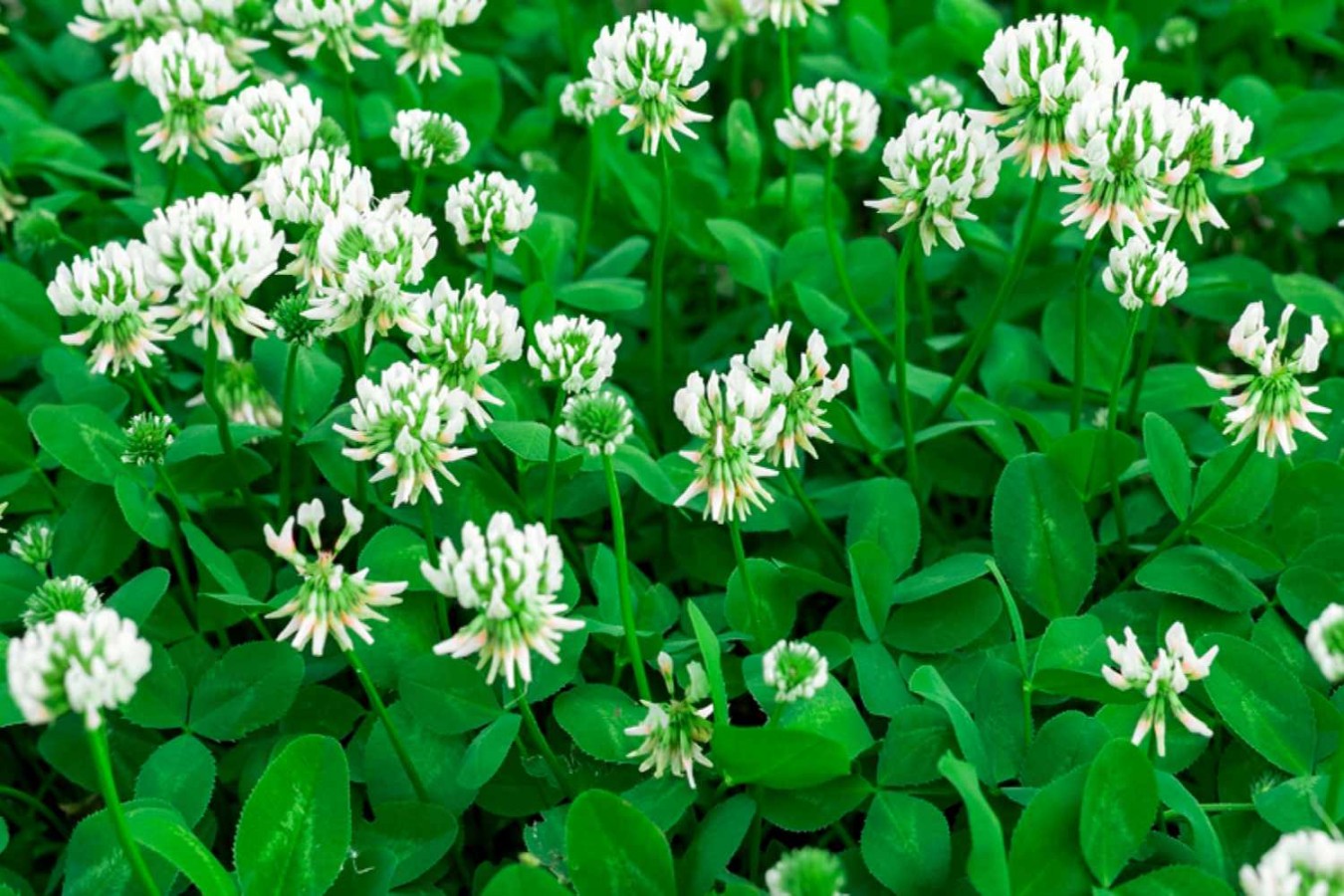White Clover: A Versatile Ground Cover for Your Garden
White clover (Trifolium repens) is a low-growing perennial plant that is often overlooked as a valuable addition to gardens. While it may be considered a weed by some, it offers numerous benefits for both the environment and your garden.
Nitrogen Fixation: White clover is a legume, which means it has the ability to fix nitrogen from the air into the soil. This natural process enriches the soil and reduces the need for synthetic fertilizers.
1. Lawn Conversion: If you have a traditional lawn, you can gradually convert it to a clover-rich lawn by overseeding with white clover seeds.
2. Ground Cover: Plant white clover as a ground cover in flower beds, around trees, or in shady areas.
3. Companion Planting: Interplant white clover with vegetables to improve soil fertility and deter pests.
Soil Preparation: Prepare the soil by removing weeds and loosening the top layer.
White clover is a versatile and eco-friendly plant that can enhance your garden in many ways. By incorporating it into your landscape, you can create a beautiful, sustainable, and wildlife-friendly garden.

